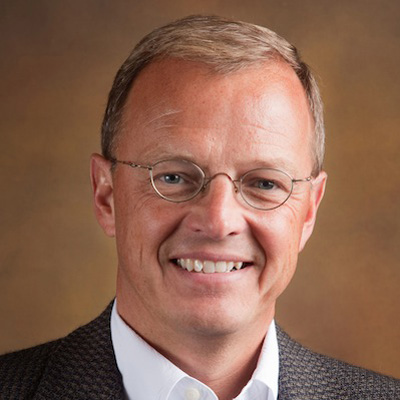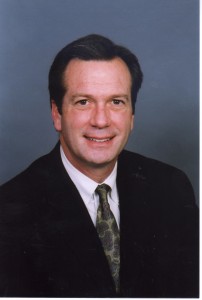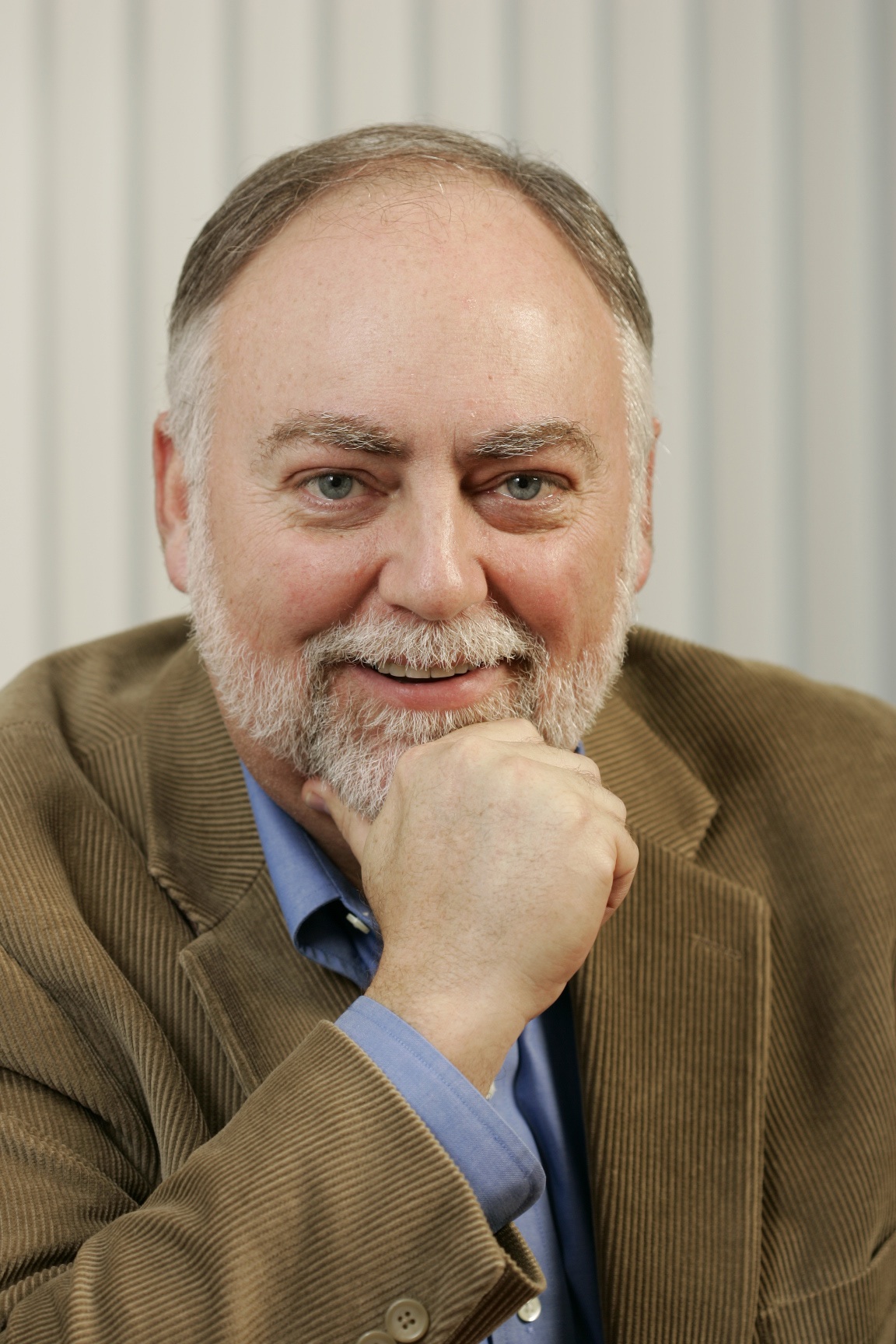(For clarity, Dr. Horner's remarks are italicized, while Mr. Sebastiao's are in regular type.)
How can the Church help overcome corruption in the government?
What comes to my mind is 2 Chronicles 7:14. "If my people, who are called by my name, will humble themselves and pray and seek my face and turn from their wicked ways, then I will hear from heaven, and I will forgive their sin and will heal their land."How are people best reached in South Africa??
That's what the church needs to start emphasizing more and more.
There are some very good people in government. I believe the Lord will give victory to us.
Obviously through the Church, but corruption has taken hold here. When you speak about freedom, people think that means pulling yourself up and gaining for yourself.What is the key to overcoming corruption?
Even with my Christian brothers, they still have an element of wanting to grab, wanting to take.
There is a time of healing to take place. It's a time we have to come with the love and compassion of Jesus Christ, preaching the message that we are one.
That's the message of the Holy Spirit in our lives. When we meet someone who has accepted Christ, we are meeting a brother or sister.
Tony is a white businessman who for many many years has been in brotherly connection with black ministers. You see the dividends that it has brought.
When we realize that we are one in the Lord Jesus Christ, we welcome one another, love one another, and speak the Gospel.
We have to spread the Gospel. The Bible says we have to spread the kingdom. We need to spread the Gospel and preach to people that that is the only way.
















